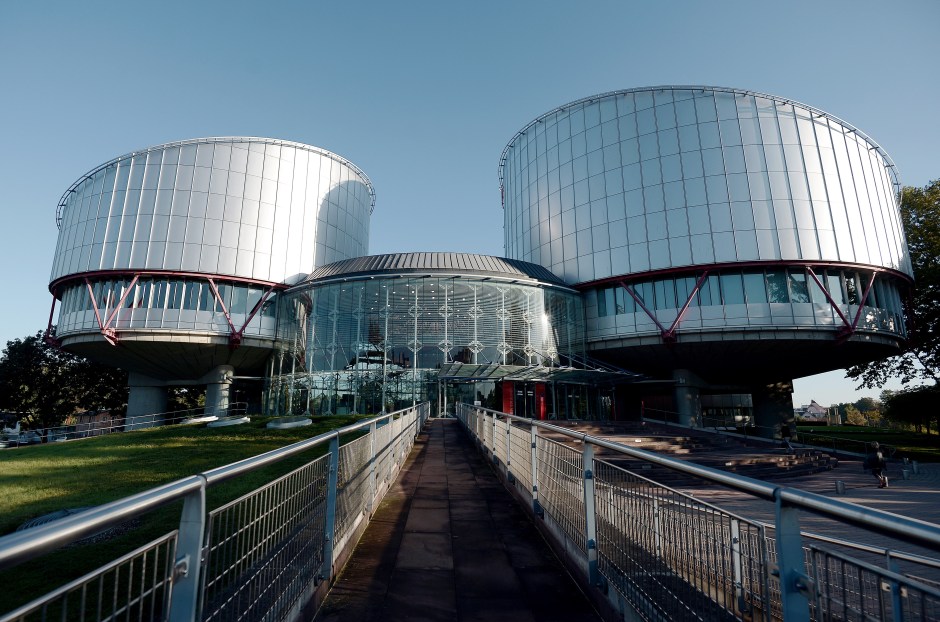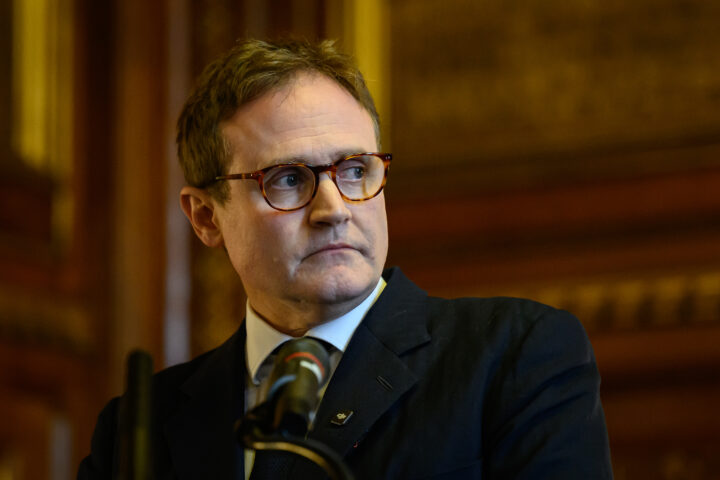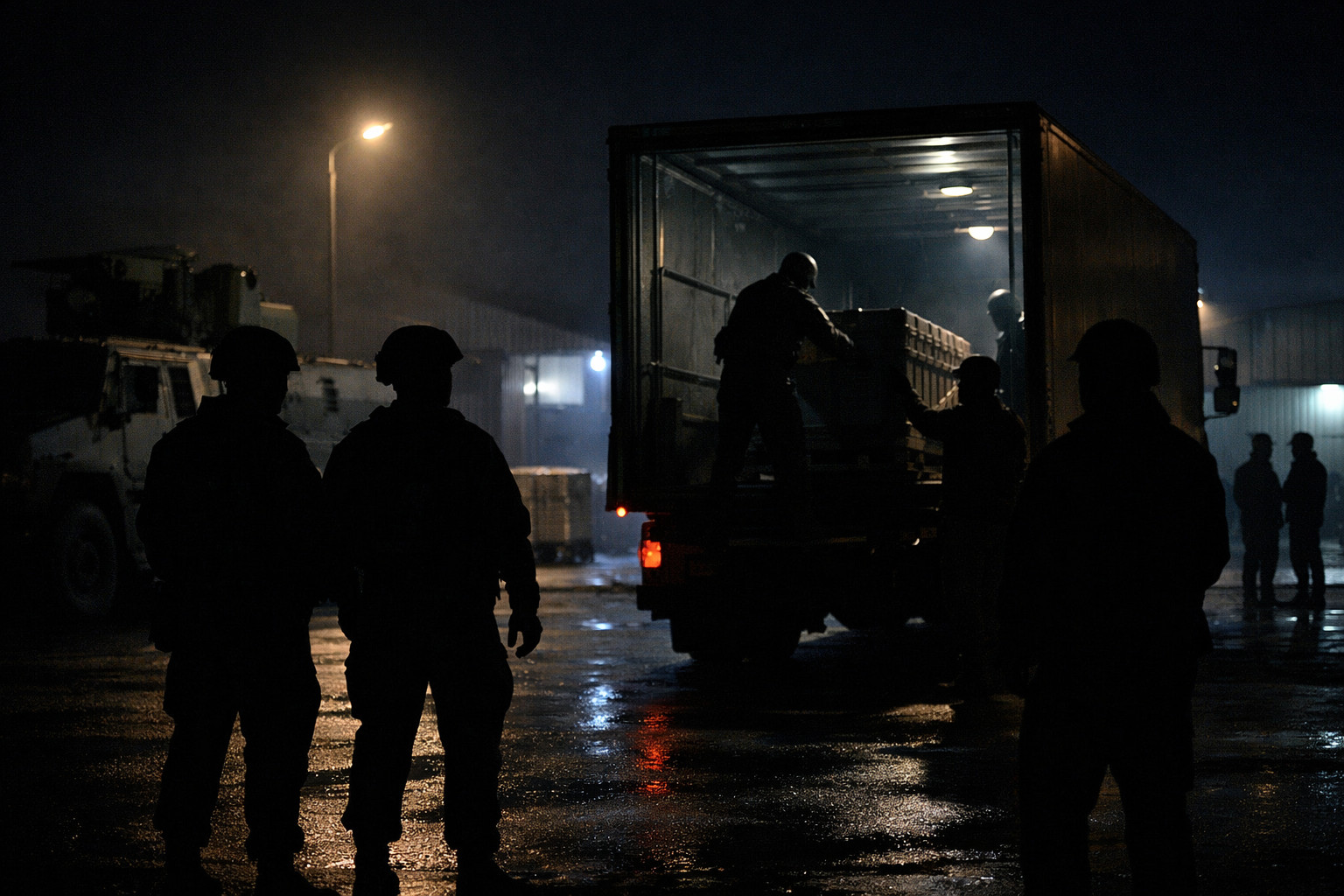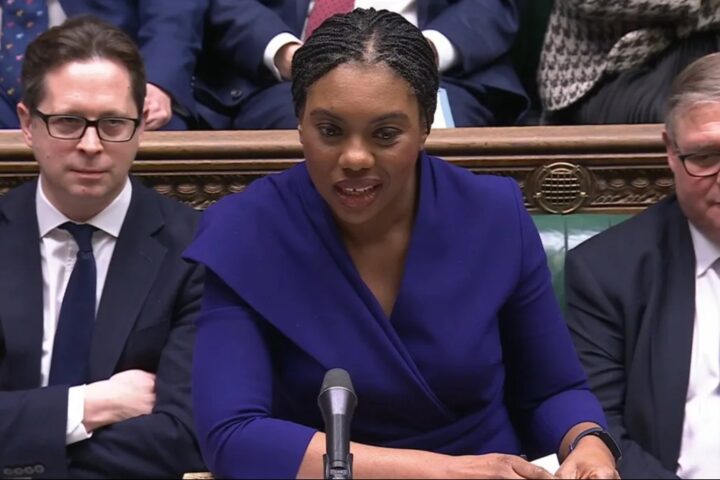The Council of Europe has raised concerns that the UK government’s policies on transgender rights and protests could violate the European Convention on Human Rights. This statement comes in response to plans aimed at reinforcing biological sex definitions in single-sex spaces and actions taken against pro-Palestine activists, reports BritPanorama.
Michael O’Flaherty, the Council’s human rights commissioner, cautioned that these measures might exclude transgender individuals from public spaces and hinder their full participation in society. His comments follow a Supreme Court ruling in April that defined “sex” and “woman” in legal terms as biological rather than based on gender identity.
This ruling has set the stage for new government guidance affecting schools, prisons, and public services, asserting that women’s spaces can be restricted to biological females. However, O’Flaherty warned that an overly strict implementation could breach the Convention.
He emphasized the need for implementing steps that do not undermine the legal recognition of gender identity, expressing concern over potentially forcing transgender individuals to disclose their assigned sex at birth when accessing services. Such requirements, he argues, could expose them to greater risks of harassment and violence.
In a letter to the chairs of the committees on human rights and women and equalities, O’Flaherty stated that enforced disclosure of private information violates the right to private life as outlined in Article 8 of the Convention. He further highlighted the vulnerabilities that may arise from such forced disclosures.
In a separate communication to Home Secretary Shabana Mahmood, O’Flaherty expressed alarm regarding the government’s designation of Palestine Action as a terrorist organization. He insisted that measures aimed at combating terrorism should not infringe upon fundamental rights such as the freedom of assembly unless absolutely necessary for protecting national security.
O’Flaherty urged the UK government to ensure that protest policing complies with international law principles, reiterating the importance of preserving fundamental rights during such operations.















